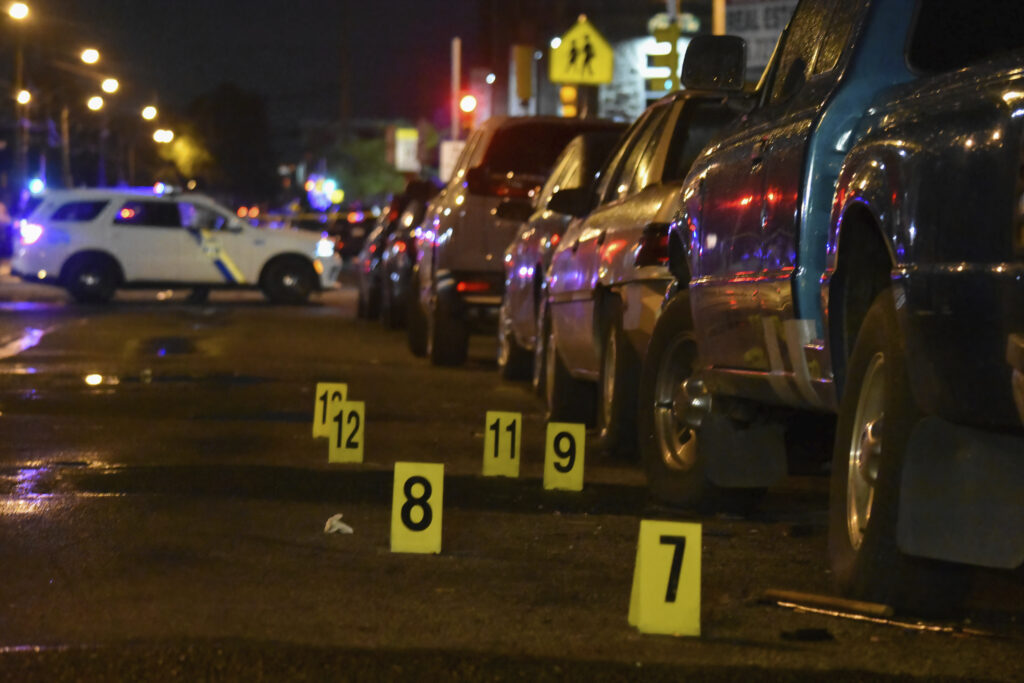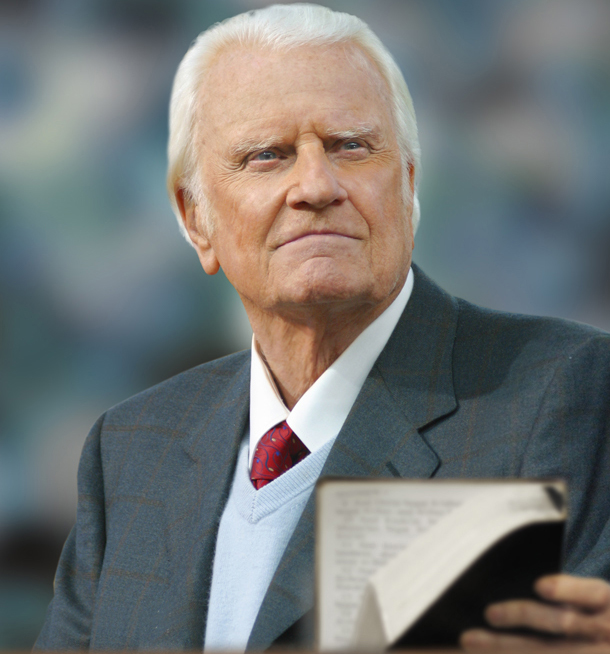
PHILADELPHIA, Pa. (BP) — A future replete with a wife, a few kids and a house with a picket fence doesn’t resonate with youth hemmed in by such gun violence that exploded in the U.S. this July 4th.
Philadelphia pastor Larry Anderson shared the tidbit with Baptist Press as the nation tried to make sense of 22 mass shootings in 17 states June 30 through early morning July 5 that killed at least 20 people and injured more than 100 others, according to the Gun Violence Archive. The deadliest was July 3 in Philadelphia, where five were killed. The largest was in Baltimore, Md., where 28 were injured and two were killed.
Philadelphia victims ranged in age from 15 to 59, including 15-year-old Daujan Brown, 20-year-old Lashyd Merritt, 29-year-old Dymir Stanton, 31-year-old Joseph Wamah Jr., and 59-year-old Ralph Moralis, police said. Among the injured are two 2-year-old boys, a 13-year-old boy and a 33-year-old woman.
“When you’ve got kids getting killed around you that’s 13 and 15 years old, your life expectancy is not, ‘I’m going to have a wife and a few kids and a house with a picket fence,”’ said Anderson, pastor of Philadelphia’s Great Commission Church. “All of a sudden the trajectory minimizes and shortens, and all of a sudden you’re starting to think, ‘Hey, I’ve got to do all I’m going to do now. So, I’ve got to get a car now. I’ve got to have a child now. If I want this jewelry, I’ve got to get that now.
“And most of them don’t have the jobs or the income to get it, so what do they do? ‘Ah, I’ve got to get a gun. And if I get a gun I can get it, because he got it and I’ll just take his.’”
Churches must understand and respond to the cultural impact of violence to effectively show society a better way, said Anderson, who is also director of church health and evangelism for the Baptist Resource Network Pennsylvania/South Jersey.
Great Commission mentors boys at three area schools through Man Up PHL, an anti-gun violence ministry founded by journalist and Great Commission member Solomon Jones. Anderson chairs the anti-recidivism group Community Forgiveness and Restoration (CFR) founded by a man convicted of murder and serving a life term in prison. Great Commission operates a grief ministry, Gone Too Soon, helping parents and youth handle loss.
“Young people are really burdened when young people lose young people,” he said. “Parents process loss … in a certain way. They may go through anger and things like that. But when young people lose young people, there is anger, there is retaliation, there is revenge. There are thoughts of their own immortality that begins to make them do things and respond in ways that are detrimental to their own health.”
Children may think “they have to go procreate in order to sustain a legacy because their mortality begins to come into question.”
Brian King, pastor of Ezekiel Baptist Church about four blocks from the Philadelphia shooting, partners with Anderson in CFR. The two are among clergy who will attend an outdoor community prayer gathering Thursday evening in Philadelphia.
King will also offer grief counseling to the community and will continue other outreaches including community prayer walks. He considers his immediate church neighborhood fortunate in not suffering much gun violence, but recalls 10 years ago when two trustees were shot in a mass shooting as they left the church after a trustee meeting. Both survived the shooting outside the church, King said, although one has since died.
King describes gun violence as a complex issue, but encourages churches, individual Christians, and politicians to repent of sin and appeal to God for community restoration, using the story of Nineveh as a biblical example.
“When Jonah was sent to Nineveh, and that king was not what you would call a godly king, but he had enough sense that when he heard Jonah’s message, he told the whole nation to repent,” King said. “They did, and God spared them. Even when a heathen king repented to God, God spared the nation.”
Churches must ask God what they need to do in order to show repentance, King said.
Anderson encourages churches to “exegete the culture,” to understand what youth are suffering. Churches with little knowledge of the culture can partner with others who are already working in the field, he said, including community organizations outside the church walls. Perhaps the simplest first step inner-city churches can take is to organize a grief ministry.
“Prayer is great. But you can’t stop with prayer and you can’t stop with prayerwalking. You’ve got to actually do some actual engagement,” Anderson said. “You’ve got to actually get involved in the lives of individuals and help them get through what they’re going through.
“There’s a psychological warfare that’s eating them alive,” he said, referencing peer pressure, social media and a lack of communication skills. “We’ve got to save their life in the present before we can save their life eternally.”
















